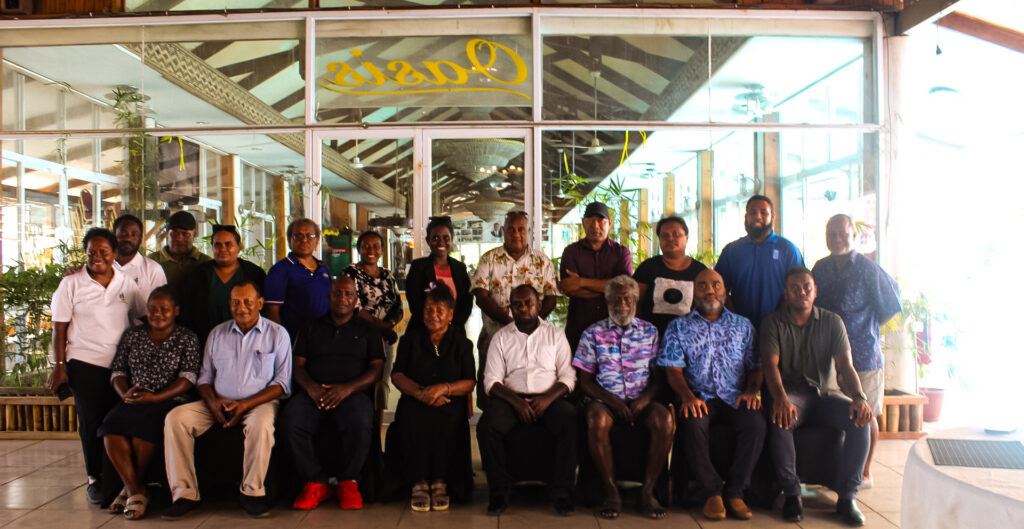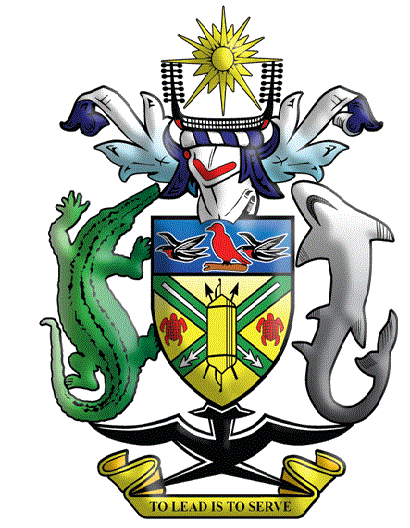Coalition Formation Oversight
Overseeing the formation of coalitions between political parties is essential to ensure that such
alliances comply with regulatory standards and promote a healthy democratic process.
Overseeing the formation of coalitions between political parties is essential to ensure that such
alliances comply with regulatory standards and promote a healthy democratic process. This
involves reviewing and approving coalition agreements, ensuring they are transparent, and that
they adhere to the legal framework governing political alliances. The oversight process includes
monitoring the activities of coalitions to ensure they do not engage in anti-democratic practices
or activities that undermine the integrity of the political system. By regulating coalition
formation, authorities can ensure that political collaborations are in the public interest and
contribute to a stable and effective governance structure.

Coalition Formation Oversight

Meaning of Coalition formation: Coalition formation is when two or more political parties come together through mutual cooperation to form a government.
Coalition formation Oversight.
Coalition Formation Oversight is a crucial aspect of democratic governance, as it provides guidance on how different political parties operate within a coalition arrangement. In the Solomon Islands, the Political Parties Integrity Act (PPIA) establishes the legal framework that governs the formation, registration, and operation of political parties. This legislation ensures that political parties adhere to democratic principles, accountability, and transparency in their conduct and alliances.
Under this legal framework, the Registrar of Political Parties, who also serves as the Secretary to the Political Parties Commission, is mandated to review and assess any proposed coalition formation. The Registrar’s role is to ensure that the coalition agreement complies with the requirements of the Political Parties Integrity Act (PPIA). Once the Registrar has reviewed the coalition documentation and confirmed its compliance, it is then submitted to the Five (5) Commissioners of the Political Parties Commission for formal consideration and approval.
This oversight process strengthens the credibility of coalition arrangements, promotes accountability among political parties, and helps safeguard the integrity of the country’s democratic system.
In the context of the Solomon Islands, coalition politics plays a particularly significant role due to the country’s multi-party system. Over the years, coalition arrangements have become a norm in the formation of national governments. Currently, there are two major coalition groupings in the political landscape. The first is the Government for National Unity and Transformation (GNUT), which forms the current executive government. The second is the Coalition for Accountability, Reform and Empowerment (CARE), which serves as the Official Opposition group. These coalitions not only reflect the dynamic nature of party politics in the Solomon Islands but also demonstrate the ongoing efforts of political leaders to build consensus, maintain stability, and promote good governance through cooperation among different parties.

GNUT COALITON ABOVE & BELOW IS CARE COALITION.
Current Coalition
Solomon Islands Government Coalition 2024-2025.

Summary – Coalition Agreements (PPIA)
REQUIREMENTS FOR COALITION FORMATION:
Withdrawal Notice:
- A political party that wishes to withdraw, revoke, or rescind an existing coalition agreement must give at least 30 days’ notice to the other coalition parties.
Exceptions to the 30-Day Notice:
The 30-day notice does not apply if:
- The party decides to withdraw by a majority decision (at least three-quarters of its MPs support the withdrawal).
- The party is invited to join a coalition government under Part 1 of Schedule 2 of the Act.
- All coalition parties mutually agree to rescind the agreement.
Definition of “Majority Decision”:
- Means a resolution passed by not less than three-quarters of the party’s Members of Parliament.
Lodgement Requirement:
- Any alteration, withdrawal, or affirmation of a coalition agreement must be lodged with the Registrar within seven (7) days of the decision.
Legal Binding:
- Once lodged and accepted by the Registrar, the coalition agreement becomes legally binding on all parties.
Publication Requirement:
- The Political Parties Commission must publish the names of all political parties that have signed a coalition agreement no later than 20 days before an election.
Late Submission Consequence:
- If a coalition agreement is not received and published within the required timeframe, it is deemed to be an agreement entered into after the election.
- A political party may, before or after election, negotiate and enter into a coalition agreement with other political parties, and such agreement must contain the minimum rules set out in schedule 2 of the PPIA.
- The Commission must announce which political parties have formed a coalition at least 20 days before the election, using newspapers or any other means.
- A coalition agreement that is not received and published by the Commission as required under this subsection (7) is deemed to be an agreement entered into after an election.

